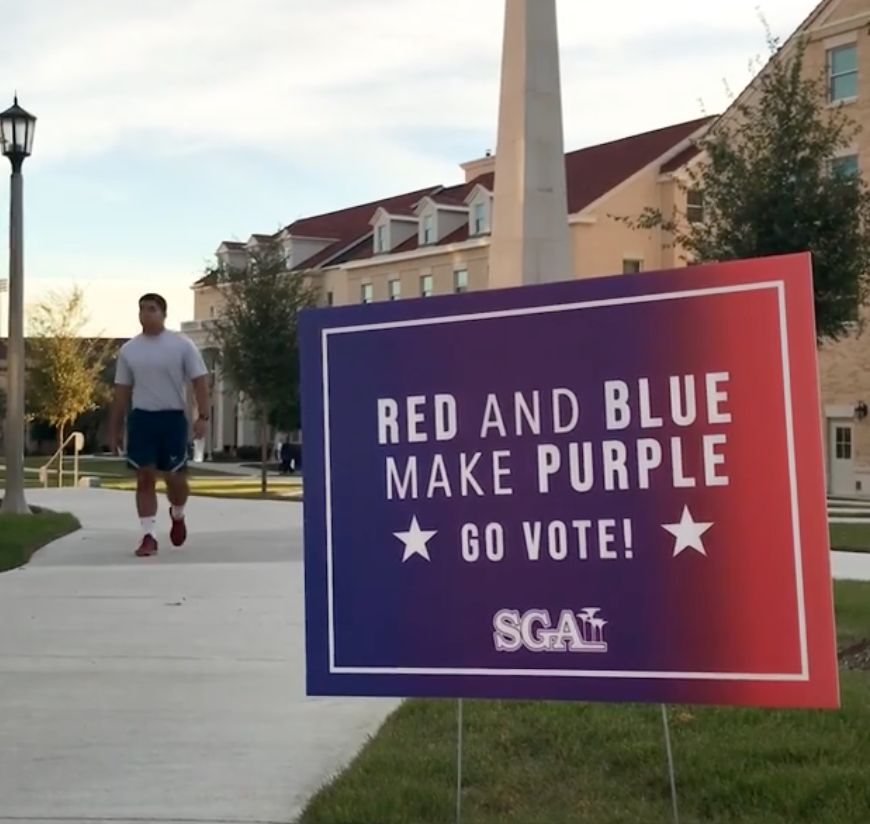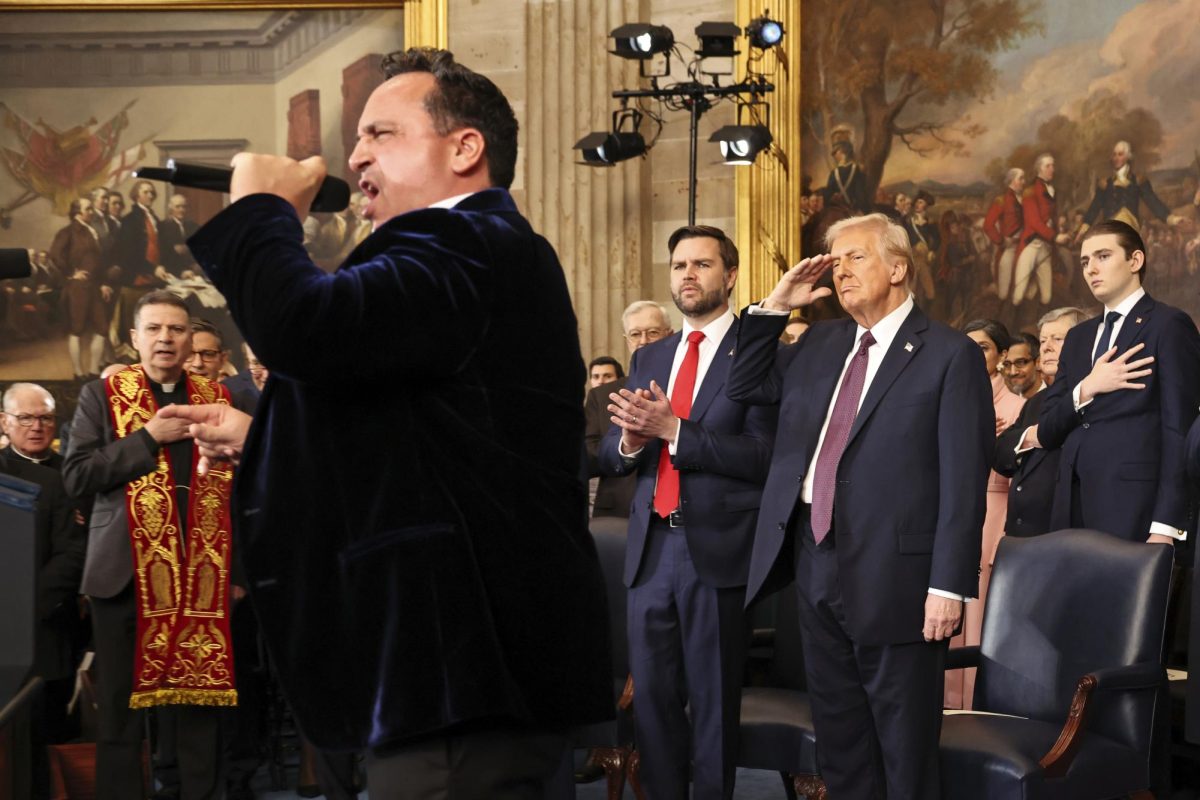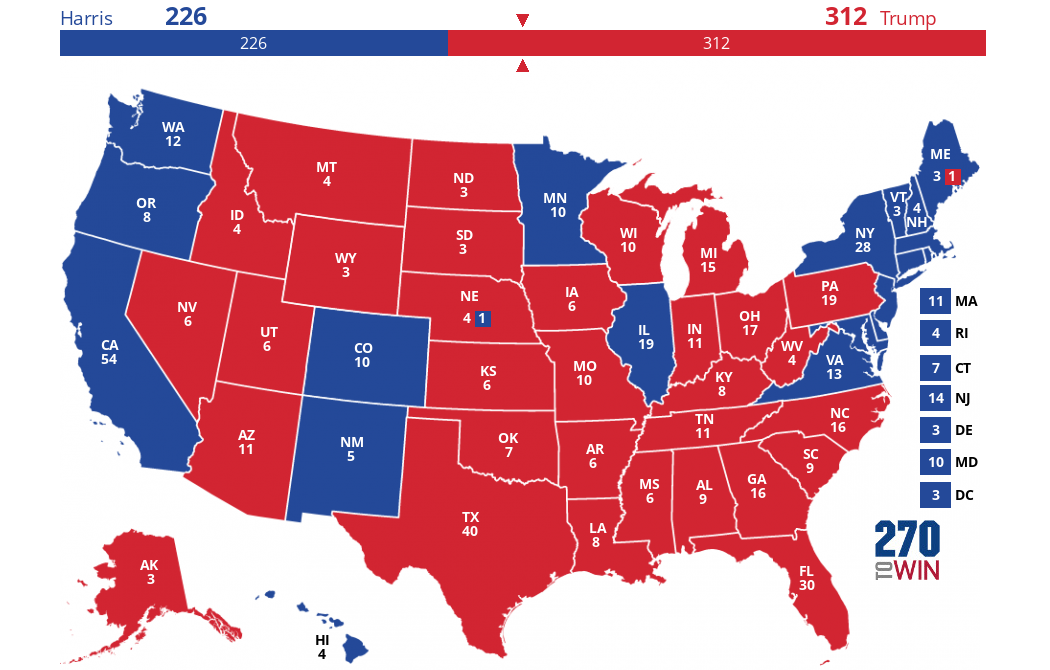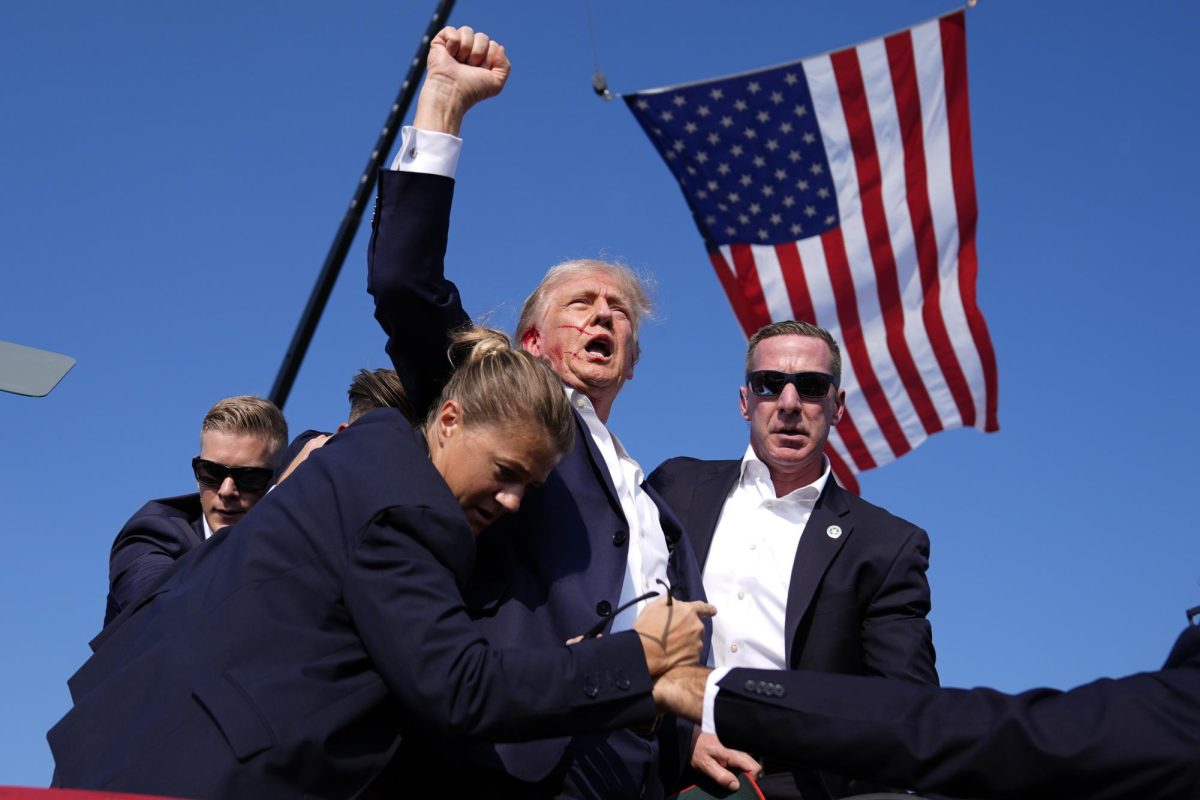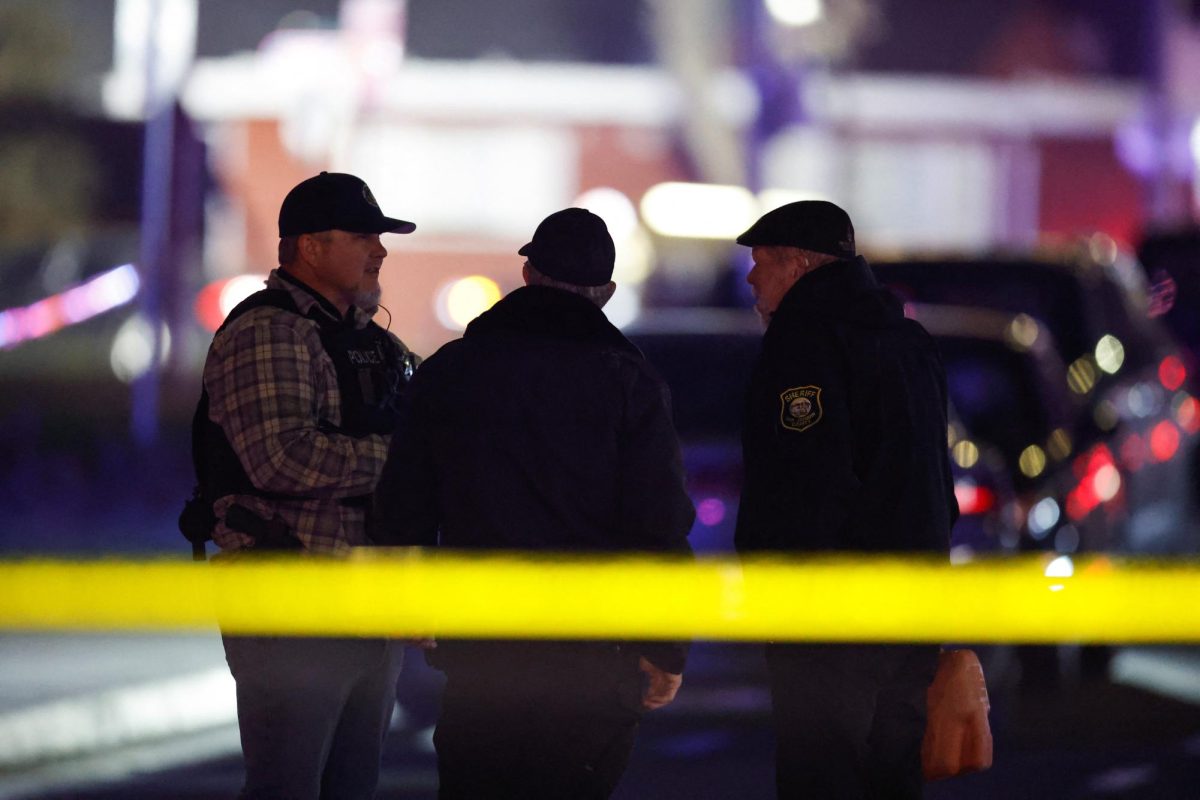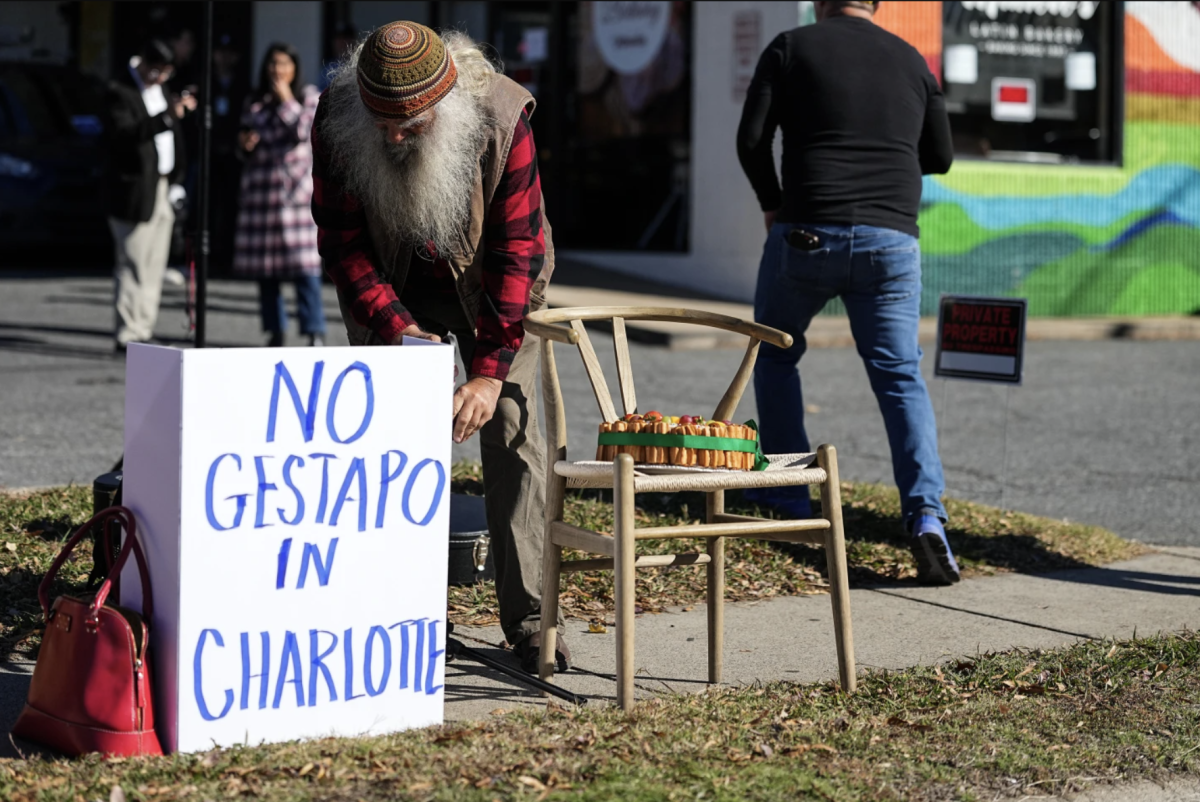Living in a new place, potentially far away from family, and figuring out what to major in or what career field to go into is all pretty daunting, but throw voting in a midterm election into the mix and it’s a whole other ballgame. For some TCU students, college is the first opportunity to find their own political voice away from their family or hometown. In 2016, the majority of the voting eligible population was younger than 52, according to the U.S. Census Bureau. Fifty-nine percent of adults who are eligible to vote are Gen Xers, Millennials or “post-Millennials,” according to a 2018 study done by Pew Research Center. The study found that the number of voting-eligible Gen Xers, Millennials and post-Millennials has increased by 18 million since 2014. And in 2014, over half of the eligible voters were people from these younger generations. Young people have more power in elections than they think they do, according to a Pew Research Center article. So what’s shaping their political views? Cierra Coleman, a junior communication studies major and member of the United States Navy Reserve, said the military helped her to form her own opinion. “It helped me understand more so why I was voting for me, rather than just because my parents said I should. Or, because history said that people died so I could.” Graduate student Sofia Huggins said that college provides students a place to practice independent thinking. “It’s a hard but exciting process to learn as you grow older what you believe as opposed to just what you’ve been taught,” Huggins said. Some students, like junior strategic communication major Sophie King, have changed their political beliefs since coming to college. “My whole family is super Republican, so I kind of went with that, and I think just having a huge hodgepodge of people really influenced me and changed how I feel,” King said. According to an article written by Pew Research Center, a study of Bennington College women found that attitudes are relatively malleable with “the potential for dramatic change possible in late adolescence or early adulthood.” Like King, Huggins doesn’t quite see eye-to-eye with her family either. “…I love them very deeply, but we don’t share the same political views.” While some students feel open to talking about politics with their friends and peers, others, like Brandon Ezell, a junior business major, don’t think people like to talk about it. “I think, a lot of the time, we come to class, we don’t really want to get into anything too political.” Coleman has unique insight on the impact voting has because during the 2016 presidential election she was deployed. “When we were in Bahrain, we knew that whoever became president could have a direct reflection on what could happen to us.” To learn more about what shapes TCU students’ political views check out this video.
Categories:
TCU students share what shapes their political views
By Katie Carter
Published Nov 5, 2018
A sign in TCU’s greek village encourages students to vote in the upcoming midterm election. (Hope Crockett/Staff Writer)
More to Discover

